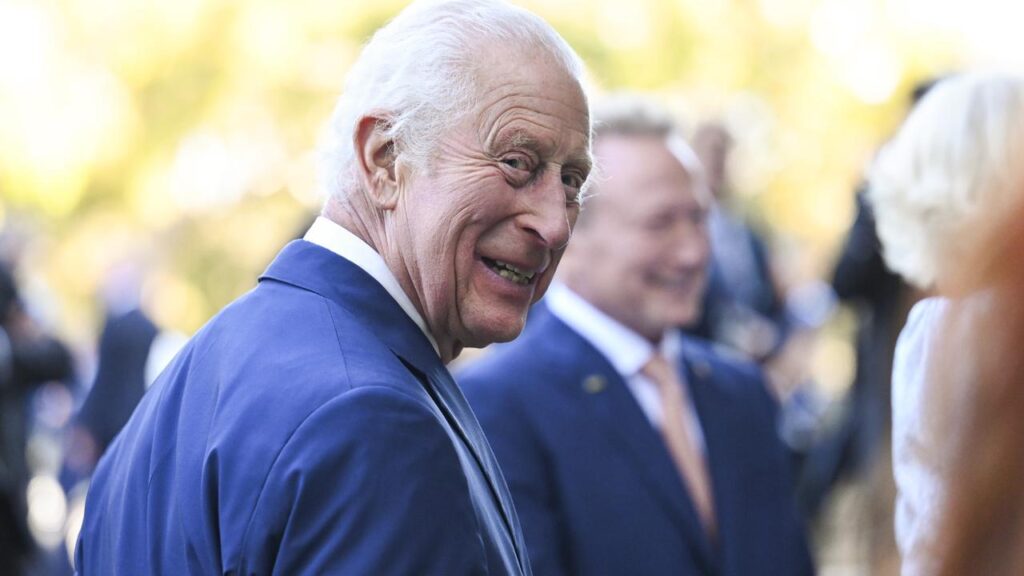Shocking truth behind ‘EV takeover’
Written by admin on October 22, 2024
The one type of car that is taking over? Hybrids.
Sales are through the roof, and it is not all good news.
For a while there, it looked like pure battery electric vehicles were going to take over.
This was as recently as 2023. EV sales in Australia had suddenly tripled, while hybrid sales had stalled out. Extrapolating from this time last year, you would have expected EVs to dominate by now.
Instead, the reverse happened.
EV sales stalled and hybrid sales boomed. As the next chart shows, we bought twice as many hybrids as pure EVs so far this year (please note, this does not include plug-in hybrids).
So where are all these sales coming from? The answer is Australia’s favourite kind of vehicle, the SUV.
As the next chart shows, we are now buying more hybrid SUVs than diesel SUVs, and they are catching up to petrol sales as well. Electric SUV sales are in a bit of a trough.
It is a similar pattern in passenger cars, with hybrids chipping away at a collapsing petrol segment. Although when it comes to utes, diesel still dominates.
Swift and spur
Hybrids cut across price points now, from the $24,000 Suzuki Swift manual to the $718,000 Bentley Flying Spur.
They appeal to everybody, because they do more than one thing.
Hybrids save on fuel, sure. They also make your car fast.
The Lamborghini Revuelto and the McLaren P1 are both hybrids. The electric engine kicks in to tear off from a standing start in a cloud of smoking rubber. They do 0-100km/h in under three seconds.
The fastest production car in existence, the Koenigsegg Regera, also has three electric motors inside it, and a huge V8 it uses once it is moving fast.
Petrol just can’t match the burst you get off the line from a battery that can dump all its energy at once, but electric motors struggle at high speeds, so the combination of both power sources creates cars that accelerate fast and have high top speeds.
If a Mercedes Benz AMG peels off at the lights ahead of you, that’ll be its hybrid engine at work.
Toyota is not just offering hybrid Camrys any more. Hybrid engines are in the little Yaris, the Corolla, the RAV4 and the big Kluger. LandCruisers are still just diesel, but watch this space, I reckon.
In fact, Toyota is a big reason why hybrids are selling so well.
The Japanese car company is the most popular car brand in Australia – and it is making hybrids available at every price point.
Toyota doesn’t have a huge electric car range, just the one model, after they bet on EVs not really taking off.
They looked to be wrong about the EV future for a while there, but now it’s not so clear. Are EVs really fading, or is Toyota making this into a self-fulfilling prophecy by flooding the market with hybrid cars of all descriptions?
It might not just be Toyota.
BMW’s CEO Oliver Zipse recently made a splash after begging European authorities to chuck out their 2035 target for 100 per cent EVs.
He was complaining about reliance on China, and it is certainly the case that most EVs these days come from China. Even Teslas are made there, plus all the MGs and BYDs at the affordable end of the spectrum. So dodging EVs for now might wean us off Chinese imports a little.
The highly hybrid future is not all bad, but it comes with one possible downside.
The long-run plan for the world is to get off petrol cars, and get away from liquid fuels in general. But hybrids don’t really let us do that. You have to keep them topped up.
That means that petrol stations are going to be around for a long time yet. If we are still selling hybrids now, and for the next 10 years, and we expect cars to have a 20-year life, we will still need petrol stations in 30 years.
And if there’s lots of petrol stations, well, why not buy a petrol car?
Anyone who enjoys driving petrol cars should be quietly pleased at the extra hybrids on the road, because they mean the all-electric future is further away.
More Coverage
But those who hope to get battery technology out there might be a bit disappointed.
Hybrids have electric motors in them, but they ultimately have more in common with petrol cars than EVs.
Jason Murphy is an economist | @jasemurphy. He is the author of the book Incentivology







